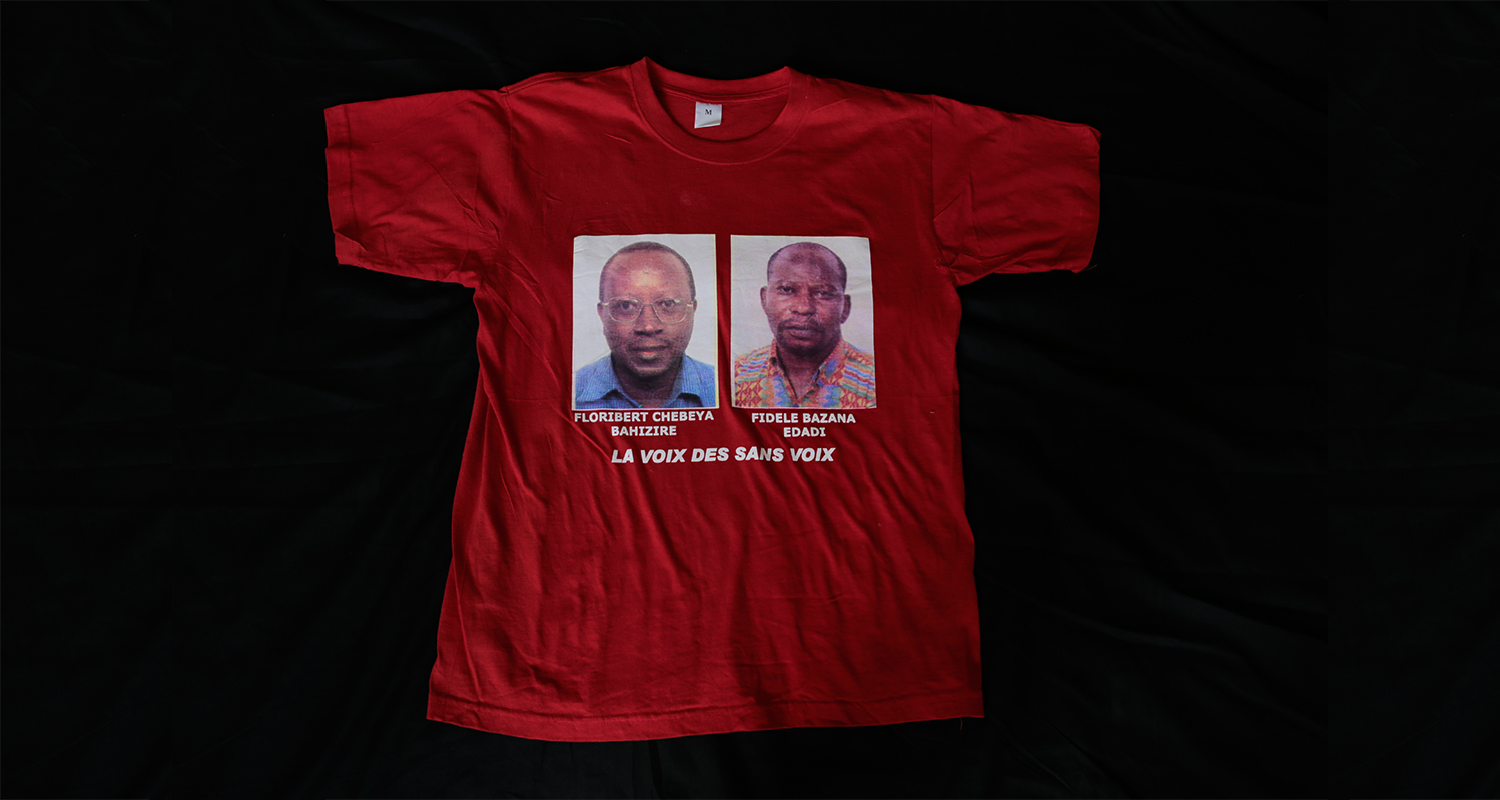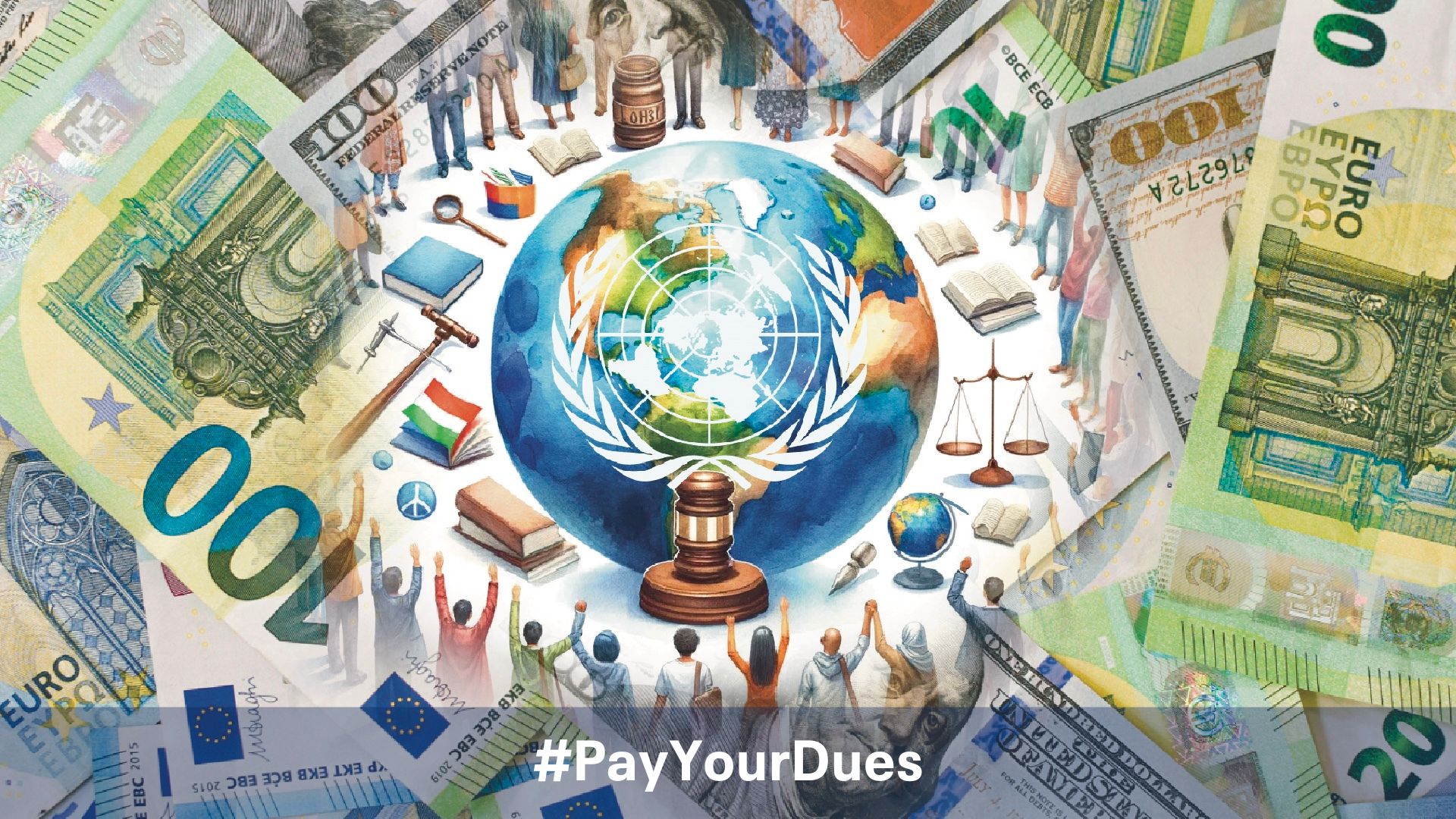ISHR welcomes the adoption of a draft Bill for the protection of human right defenders by the Senate of the Democratic Republic of Congo (DRC) on 10 May 2017. The draft bill, which was developed in light of the UN Declaration on Human Rights Defenders and with reference to the Model National Law on the Recognition and Protection of Human Rights Defenders, has been submitted to the National Assembly for final adoption.
‘After years of advocacy by many stakeholders, the DRC is on the verge of adopting ground-breaking legislation to better protect human rights defenders’, said Clément Voule, African Advocacy Director with ISHR.
The law, if adopted, will reinforce the legal recognition and protection of human rights defenders in DRC, a country that has an unfortunately long record of attacks against defenders by both government and non-State actors. The emblematic case of the assassination of human right defender Floribert Chebeya and the disappearance of his driver Fidèle Bazama on 2 June 2010, are but one sad example. Seven years after Chebeya’s assassination and Bazama’s disappearance, their families and activist community are still demanding justice.[1]
ISHR is encouraged by the broad definition of human rights defenders contained in article 2 of the draft law. This definition recognises that both individuals and groups can act as human rights defenders, and does not condition protection on registration requirements – which can be restrictive.
The draft law provides that human rights defenders have the right to interact with UN mechanisms, and cannot be the subject of stigmatisation or harassment on the basis of their activities. It further provides a right for defenders to seek reparation in relation to any act of reprisal from government authorities or non-State actors committed in relation to their activities as a human rights defender.
‘We are pleased, too, that article 12 of the Bill provides that women human rights defenders shall be protected against violence and any kind of discrimination on the basis of gender’, said Voule.
Article 9 of the Bill also provides that human rights defenders will be entitled to trial and legal assistance without incurring costs.
ISHR is, however, concerned about article 17 of the draft law which imposes an obligation on human rights defenders to submit an annual activity report to the Human Rights Minister. ‘Such an obligation has the risk of impinging on the confidentiality of the cases which defenders’ work on, but also exposes defenders to interference by Government,’ added Voule. Equally concerning is article 13 which requires defenders to comply with ‘public security and interest’. These vaguely worded requirements could be applied in an arbitrary manner which would impose restrictions on defenders and their activities, as has been the case of counter terrorism laws. In particular, it is not clear what is meant by ‘public interest’, Voule said.
Under the law, the National Human Rights Institution would be given the task of developing, maintaining and implementing the protection mechanism contemplated by article 21. It is integral that any national human rights institution that is responsible for implementing a protection mechanism is independent, effective and adequately resourced. The institution should work collaboratively with civil society – both in the development and implementation of the law’s protection mechanisms.
The DRC is among a series of countries in Africa, most of them West African, who are engaged in national processes to draft laws for the protection of human rights defenders. Côte d’Ivoire was the first country in Africa to adopt such a law in 2014 and recently adopted the implementation decree required by the Law. ISHR welcomes the development of other such laws that comply with the Declaration on Human Rights Defenders in the region.
ISHR will continue to monitor the development of this law and encourages the parliament to take into account its concerns.
For more informnation see the draft bill.
Contact: Clément N. Voule, Director of African Advocacy, ISHR, on [email protected]
Photo (c) Gilles Oger




